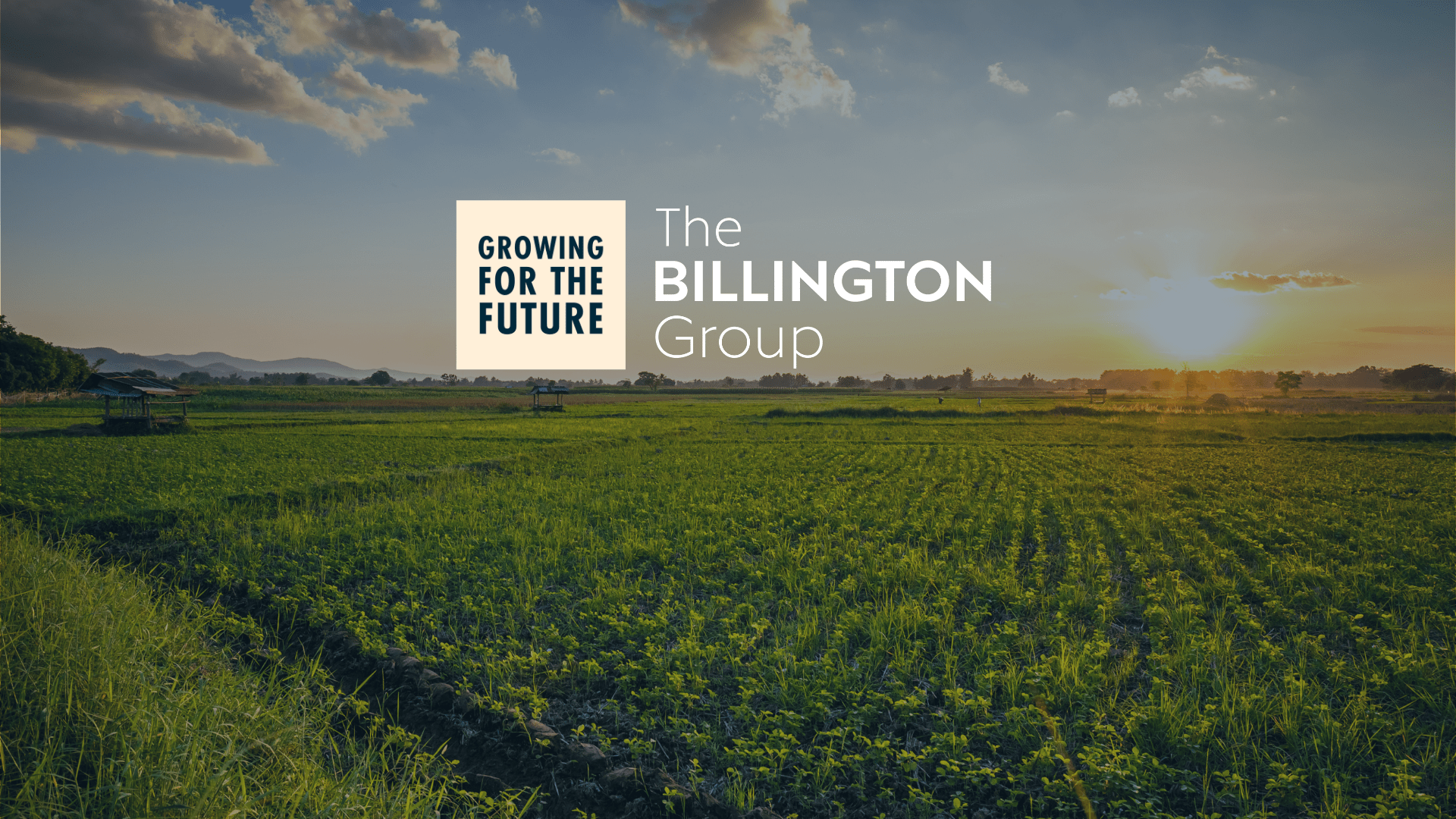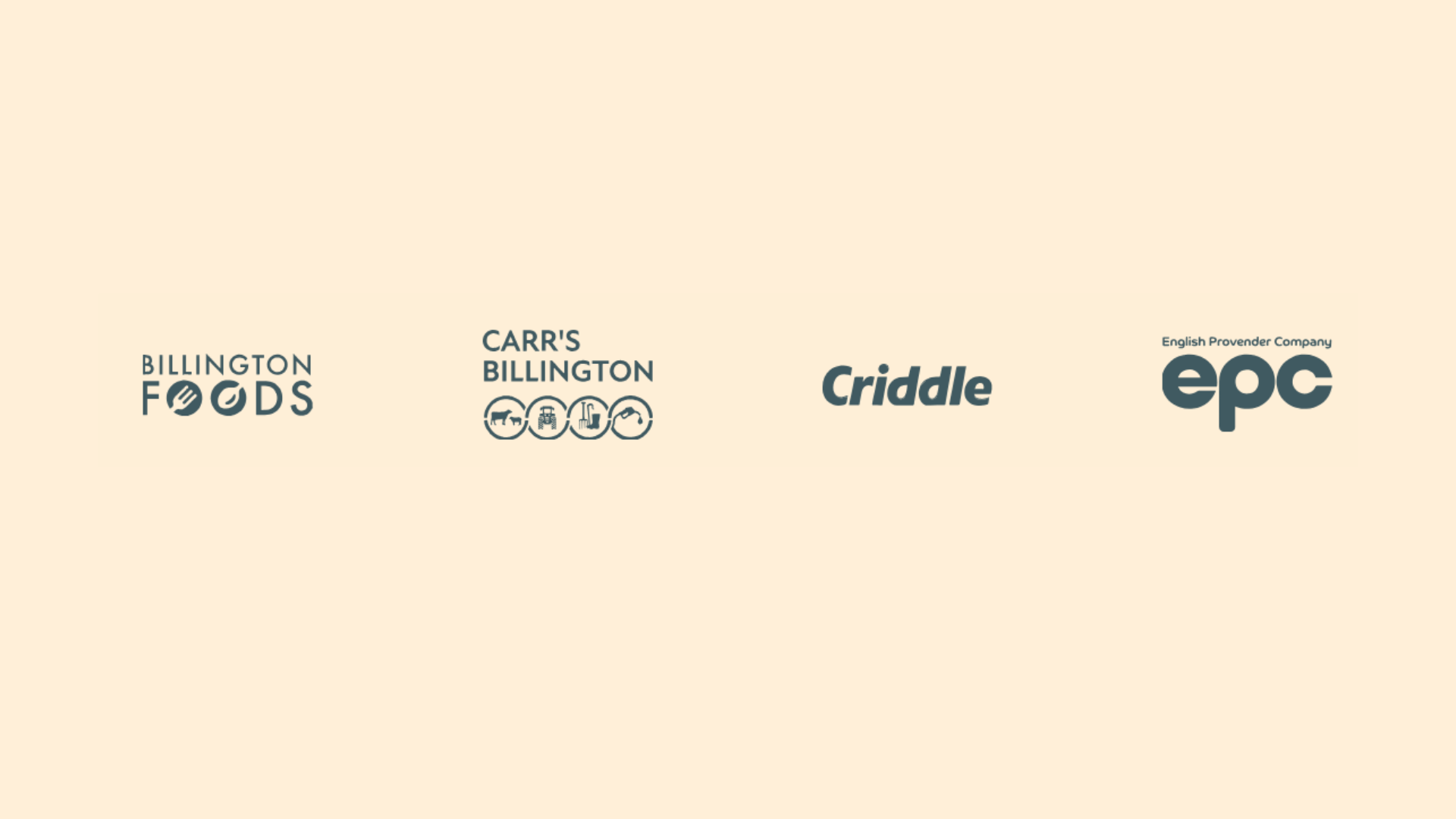
Sustainable Soy Sourcing Policy
June 2024 – Our Commitment to No Deforestation, No Conversion, and Responsible Sourcing

Introduction – Aim and Significance:
At the Billington Group, both we and our businesses are dedicated to producing healthy, sustainable food in harmony with the planet Earth. We strive to source and produce all products responsibly with the highest quality and transparency throughout our global supply chain. The threat posed by deforestation to our climate and biodiversity is one of, if not the greatest issue of our age; and we recognise that our role within that, as a part of the food and agricultural sector, puts us at the forefront of the issue.
Soy is one of the most important crops in the world, being a key source of protein for both humans and animals. It is an inexpensive and versatile source of protein and vegetable oils. However, soy production has been directly linked to global deforestation, and habitat loss for many of our world’s most endangered animals.
The challenges faced by the various actors working across this sector necessitate clear definitions. At the Billington Group, we have aligned ourselves with the definitions as outlined by the Accountability Framework Initiative. Below are the key definitions that we, as an organisation, shall use as the framework and metric for which progress might be determined.
AFi Key Definitions:
Deforestation: The loss of natural forest as a result of (i) conversion to agriculture or other non-forest land use; (ii) conversion to a plantation forest; or (iii) severe and sustained degradation.
Conversion: The change of a natural ecosystem to another land use or to a highly modified and degraded state, typically with substantial loss of native biodiversity and ecosystem functions.
No-Deforestation: Commitments to prevent the conversion of natural forests, ensuring that the production, sourcing, or financial investment does not cause or contribute to the loss of natural forest cover.
No-Conversion: Commitments to prevent the conversion of all natural ecosystems, including but not limited to forests, savannas, grasslands, peatlands, and wetlands.
Traceability: The ability to systematically identify a unit of production and track its movement through stages of the supply chain.
Transparency: The disclosure of clear, comprehensive, and comparable information about supply chain policies, practices, and performance to enable external stakeholders to assess the sustainability of companies’ operations and sourcing.
Remediation and Restoration: Actions taken to compensate for or restore the environment or communities affected by environmental or social harms.
Responsible Sourcing: The integration of social, ethical, and environmental performance factors into the process of selecting suppliers, including commitments to prevent deforestation and respect human rights.
Verification: The process of assessing conformity of a product, process, system, or entity to specified criteria, typically conducted by an independent third party.
The Billington Group aims to perform its business activities in the most responsible and sustainable manner for the collective benefit of our people, customers, suppliers, shareholders, communities, and the environment. Subsequently, we have introduced our “Growing for the Future” plan, wherein we clearly define our ESG roadmap by highlighting three key areas: Our Impact, Our Influence, and Our Community.
Environment: We commit to becoming net zero in our own operations (scope 1 & 2) by 2040, working to an approved (science-based target) and creating our own energy where we can.
Waste: We are working to support the UN’s Sustainable Development Goal (12.3) to halve food waste by 2030. We are committed to eliminating all edible food waste and partnering and collaborating to reduce, recycle, and reuse waste and water resources.
People: We will create an equitable and inclusive workforce aiming to achieve ‘Great Place to Work’ accreditation by 2026.
Supply Chain Emissions: We commit to becoming a net zero business by 2050 and will ensure our suppliers and customers are on the journey with us.
Responsible Sourcing: We will work with our suppliers to meet our responsible sourcing standards and policies in human rights, animal welfare, climate, and nature.
Packaging: We are working to improve our packaging recyclability rate from 85% to 100% and will reduce single-use packaging across the value chain through collaboration and innovation.
Community: The Billington Foundation, our charity, will collaborate with partners connected to the food and agriculture industry to have the greatest positive impact on young people.
Healthy, Sustainable Food: We will actively innovate to continuously improve our consumers’ access to nutrition and choice.
Future of Food & Agri: We recognize our unique position in food and agriculture and will play our part in influencing change and advocating for a more sustainable food system.
By tackling these areas, we know that we can make a serious difference and help to secure the future the world needs.
We have set our intent with leadership and shareholders.
We have completed a full emissions inventory & submitted to SBTi.
We have launched our new ESG plan with targets, framework, and governance.
We have started building climate knowledge and upskilling leadership teams.
We have started engaging key suppliers on Scope 3.
Commitments as Relating to Soy in Animal Feed:
Our Commitments, Declarations, and Supplier Requirements:
As signatories of the UK Soy Manifesto, we have dedicated ourselves to their five commitments:
Committed to ensuring that the soy in our supply chain is deforestation and conversion-free as soon as possible and no later than the end of 2025, with a cut-off date of December 2020.
(i). This encompasses both legal and illegal deforestation/conversion, aligned with AFi definitions (see above). To ensure this, The Billington Group shall adhere to the FEFAC Soy Sourcing Guidelines Benchmarking Tool in order to verify, certify and plot the trajectory of progress.
(ii). Where this is not possible, we will seek to achieve a segregated supply chain. Similarly, we will seek to, where possible, receive assurance from our suppliers that they are sourcing from an area of negligible/low risk. Typically, North America and European sources.
(iii). To verify this, we will require evidence, such as bills of lading from shipments (or UK/FRC deforestation regulation assurance when these come into force). In regards to vDCF in transition we shall refer to FEFAC Soy Sourcing Guidelines
Commitment to apply deforestation due diligence to all company operations and direct and indirect suppliers by 2030.
The Billington Group is committed to soy transparency and will publicly disclose our annual progress, including continual progress and areas for improvement.
The Billington Group fully supports the development of a Manifesto monitoring, reporting, and verification system (MRV). We believe that transparency at all levels of the supply chain is key for developing a comprehensive plan for the future. For any supply deviations, corrective actions are swiftly implemented, with senior management oversight. Non-compliance may lead to supplier delisting.
The Billington Group expects suppliers to have a publicly available deforestation and conversion-free commitment encompassing both legal and illegal deforestation/conversion with a cut-off date of January 2020, indicating action for full execution of the commitment by 2025.
Additionally, we are committed to future imminent EUDR and its UK equivalent. Our dedication to such regulations shall be disseminated to all our subsidiaries, customers, and suppliers.
Have a publicly available deforestation commitment (encompassing both legal and illegal deforestation and conversion) with a cut-off date of 2020 or earlier; and to cascade the commitment to their suppliers.
Complete data requests to help us better understand our soy supply chain.
Have a Soy Transition Plan that outlines supplier plans to move to certified and deforestation free soy.
Commitments as Relating to Soy in Animal Feed:
Soy shall only be used in animal feed for its functionality in delivering optimum animal nutrition. Alternate and sustainable substitutions should be investigated during development where applicable.
The feed mills and importers used to source soy should have a public commitment to vDCF sourcing, aligned with our own targets.
By the end of 2025, all soya used in animal feed for retailer own label products is to be sourced from verified deforestation and conversion free (vDCF) suppliers or meet one of the approved soy standards listed within this policy. Please note that sustainability includes various aspects such as social issues and good agricultural practices, which may require longer-term collaboration to fully achieve.
Commitments as Relating to Soy as a Food Ingredient:
Where soya is the primary ingredient in a branded finished product, it must be physically sustainable By the end of 2025. This should ideally come from a segregated supply chain. If a segregated supply chain is not feasible, then a mass balance approach should be used.
Where soya is used in a branded line that the Billington Group distributes without any input, the manufacturing company shall be informed of this policy and urged to sign up to the UK Soy Manifesto or make an equivalent commitment to verified deforestation and conversion free (vDCF) sourcing.
Soy and soy additives should only be used in food as an ingredient for its functionality in providing optimal product quality. Alternative sustainable options shall be explored during development where appropriate.
